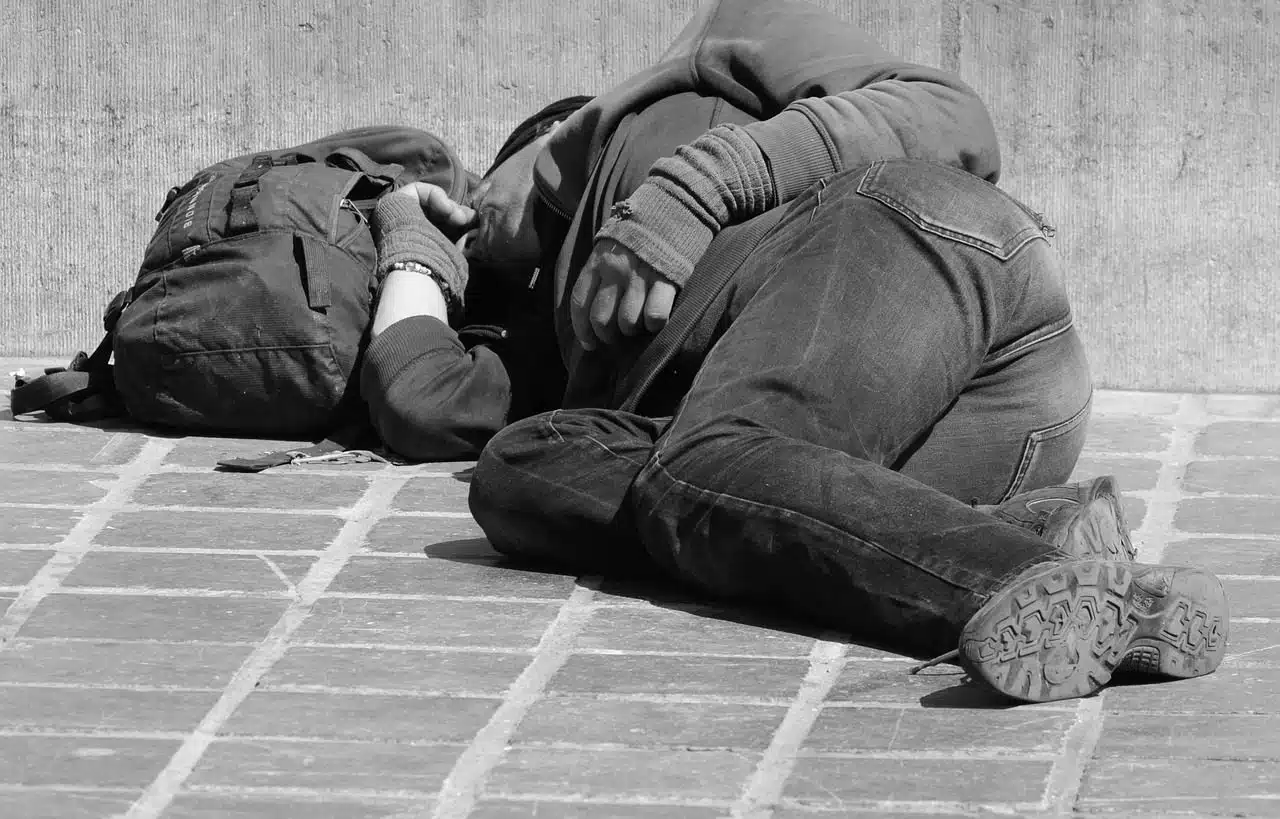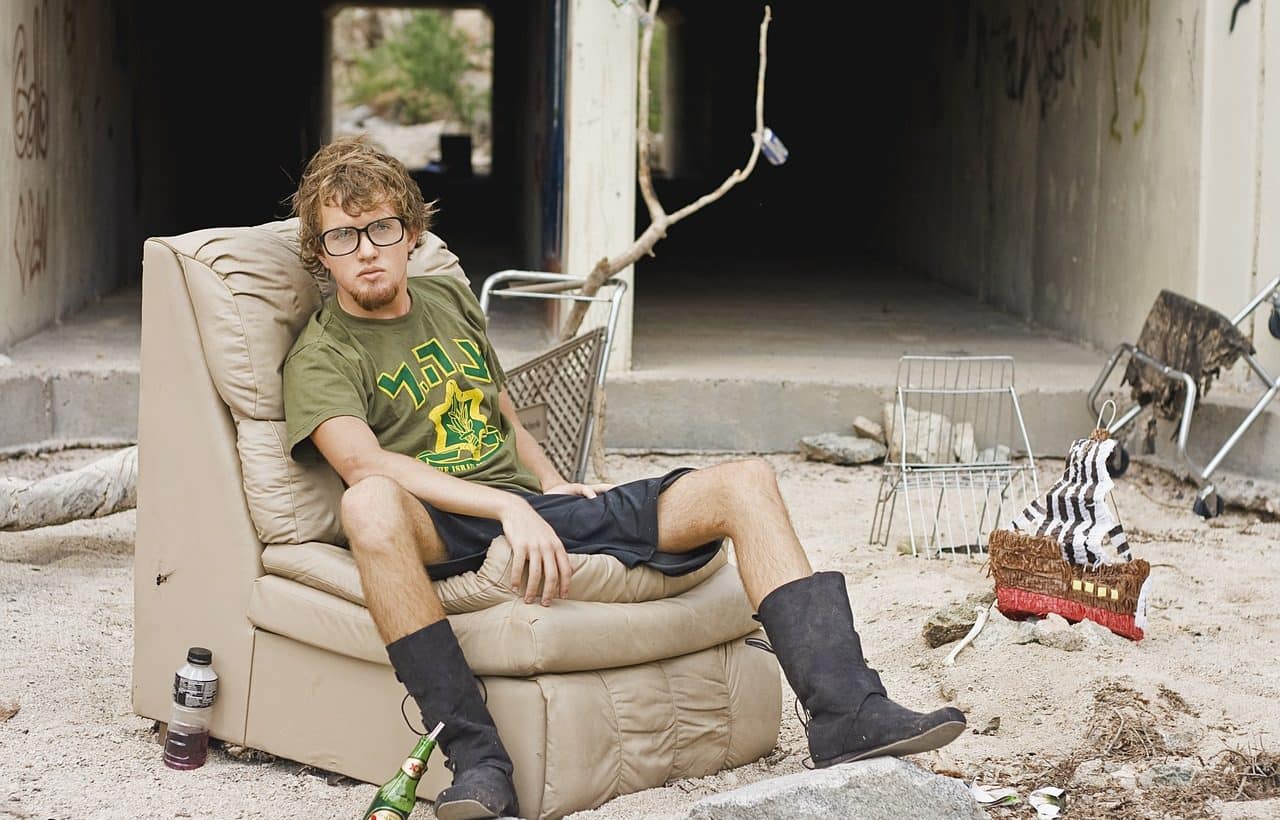
A vagrant is someone who has no fixed residence.
Vagabond is an adjective that describes a person who does not have a fixed residence and who frequently moves from one place to another. The term came into our language from the Latin word vagabundus.
For example: "I spent two years as a vagabond in Europe, traveling through different countries and playing the guitar in exchange for coins" , "That homeless man has been living in the square for a few days" , "I offered a job to a homeless man but he didn't accept" .
Generally, the idea of a vagabond is also linked to someone who is lazy and who decides not to work since he prefers laziness. This lack of obligations and responsibilities allows him to lead a wandering life .
Vagabond by choice
It is important to differentiate between the vagrant (who does not register an address and does not have a trade or profession by his own decision) and the person who is forced to live on the street and who does not have a job since he cannot find one. The vagabond is also characterized by moving from one place to another frequently .
Beyond their little attachment to work and other commitments, homeless people carry out different activities to survive. In many cases they beg in public or go to charitable institutions to obtain food and clothing. They can also do sporadic or informal jobs , such as cleaning windows or opening taxi doors. Another survival method for homeless people is to rummage through the trash in search of products that still have a use (such as cardboard that can be sold).

The homeless reject work commitments.
A form of protest
Living this way may seem impossible to imagine for many people, but those who claim to do so by their own decision have a series of apparently firm reasons, such as a strong opposition to the government system and its impositions , discrimination and animal abuse, among others. controversial issues that often make news through public demonstrations. In some ways, leaving the comforts our species has grown accustomed to decades ago to live on the streets can be a form of silent protest .
Human beings seem to have lost contact with nature, and that is why they believe they depend on medicine to survive: how many times do we stop to think that our most remote ancestors could not go to a medical consultation in the event of an accident or discomfort? While it is true that "evolution" has made us weaker and less able to overcome health problems, there are thousands of people who turn their backs on science and manage to live healthy and happy until old age . A wanderer who rejects the system completely may well make use of natural elements to stay healthy, in addition to trusting in the wisdom of his own body.
Social problems of homeless people
As expected, choosing an alternative path to that of the majority entails a series of problems, among which discrimination stands out. Homeless people tend to take much less care of their personal hygiene than others, and this can become a barrier that separates them from their environment .
Returning to the topic of medicine, people considered "normal" practice personal hygiene every day and visit their trusted doctor with some regularity, in addition to taking vitamin supplements to protect themselves from diseases such as colds and flu; These and many other precautions can be jeopardized by coming into contact with someone who completely ignores them.
a disney movie
In 1955, "Lady and the Tramp" , the fifteenth film from the Walt Disney Studios, was released in the United States .
It is based on the novel of the same name by Ward Greene and is about the relationship between two dogs, Reina and Tramp , who lead opposite lives until they meet and fall in love.
